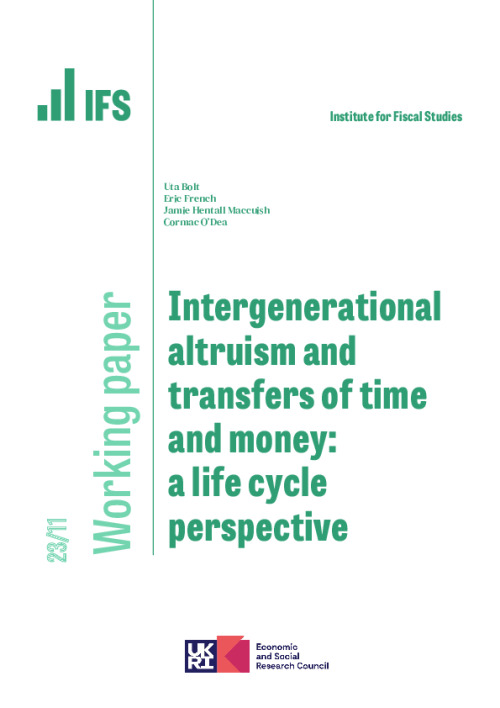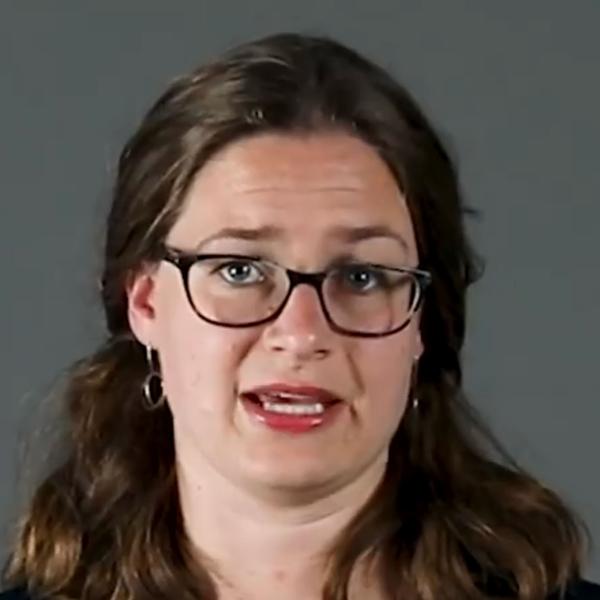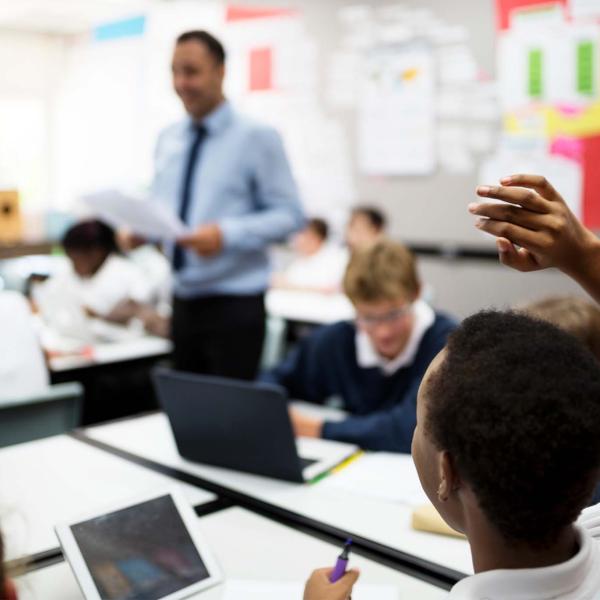Downloads

Download working paper PDF
PDF | 1.85 MB
Parental investments significantly impact children’s outcomes. Exploiting panel data covering individuals from birth to retirement, we estimate child skill production functions and embed them into an estimated dynastic model in which altruistic mothers and fathers make investments in their children. We find that time investments, educational investments, and assortative matching have a greater impact on generating inequality and intergenerational persistence than cash transfers. While education subsidies can reduce inequality, due to an estimated dynamic complementarity between time investments and education, it is crucial to announce them in advance to allow parents to adjust their investments when their children are young.
Authors

Research Fellow University of Bristol
Uta is an IFS Research Fellow and University of Bristol lecturer with an interest in the development of inequalities over the lifecycle.

CPP Co-Director
Eric is the Montague Burton Professor of Industrial Relations and Labour Economics at the University of Cambridge and Professor of Economics at UCL.

Research Scholar University College London

Research Associate Yale University
Cormac is a Research Associate of the IFS, an Assistant Professor of Economics at the Yale University and Research Fellow at the NBER.
Working Paper details
- DOI
- 10.1920/wp.ifs.2023.1123
- Publisher
- Institute for Fiscal Studies
Suggested citation
Bolt, U et al. (2023). Intergenerational altruism and transfers of time and money: a life cycle perspective. 23/11. London: Institute for Fiscal Studies. Available at: https://ifs.org.uk/publications/intergenerational-altruism-and-transfers-time-and-money-life-cycle-perspective (accessed: 30 June 2024).
Grant
Datasets used
More from IFS
Understand this issue

Election Special: Is there a 'conspiracy of silence' between both parties?
6 June 2024

What does the Conservative's higher education announcement this week mean for apprenticeships and 'low-value' university courses?
1 June 2024

If you can’t see it, you can’t be it: role models influence female junior doctors’ choice of medical specialty
24 April 2024
Policy analysis

Free breakfast clubs in schools: what Labour’s plans would mean for pupils and families
25 June 2024

The uncertain course for school and college funding over the next parliament
19 June 2024

How should we interpret parties’ public spending pledges this election?
23 June 2024
Academic research

Components of the evolution of income inequality in Sweden, 1990–2021
28 June 2024

Income inequality in Ireland, 1987–2019
28 June 2024

The impact of labour demand shocks when occupational labour supplies are heterogeneous
28 June 2024